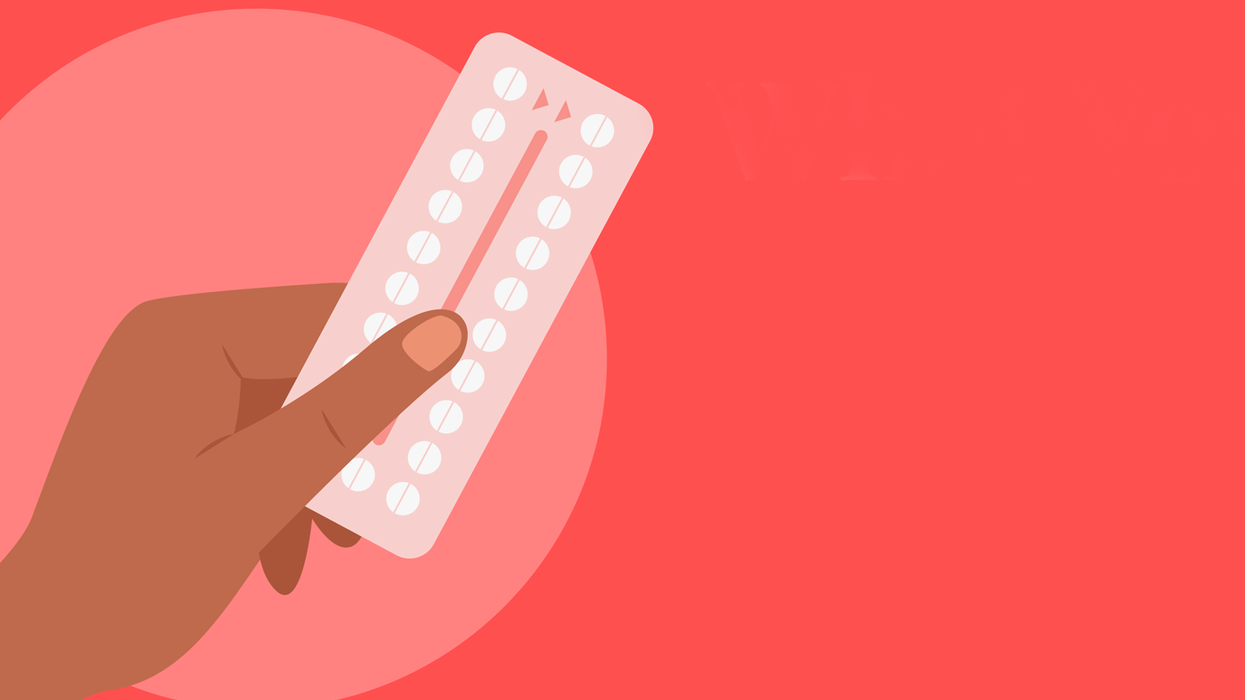Medically reviewed by Mary Jane Minkin, M.D., FACOG, NCMP

+ Infographic text
What is the mini pill?
Most birth control pills contain the hormones estrogen and progestin, a human-made form of progesterone. The mini pill contains only progestin. Progestin-only pills are sometimes called POPs.
How does the mini pill work?
Mini pills interfere with ovulation and trick your body into thinking it’s already pregnant — because eggs aren’t usually released during pregnancy. But mini pills don’t always stop ovulation, so they also have a backup plan:
They also make the uterus wall thinner. So if your ovaries do release an egg and sperm does get to the egg, the thinner uterus wall can’t support a pregnancy. Progestin also kills sperm so it can’t travel to the uterus.
The mini pill has other benefits aside from contraception
- Helps reduce acne breakouts
- Makes your menstrual periods more regular, lighter and less painful
Mini pill side effects & risks
Like all medications, the mini pill has some risks or side effects. In some people, the mini pill can cause:
- Acne
- Bleeding between periods
- Change in weight
- Headaches
- Increased hair growth
- Nausea
- Sore breasts
Mini pill prescriptions
You need a prescription to get the mini pill. It is not available over the counter.
Your HCP might agree that the mini pill is right for you if you:
- Have had blood clots or clots in the lungs
- Have a medical issue that could cause blood clots
- Are worried about or have had side effects from estrogen-progestin pills
- Are breastfeeding
- Are over 35 and smoke
- Have high blood pressure
- Have migraine disease
People who shouldn’t take the mini pill include those who:
- Have had breast cancer or liver disease
- Have unexplained uterine bleeding
How effective is the mini pill
To help the mini pill be as effective as possible, here are some things to remember:
1. It takes a month to work. Use an additional barrier method of contraception, like a condom.
2. You must take the mini pill at the same time every day for it to work. If you are even 3 hours late, you should use backup barrier contraception until your next period.
3. If you miss a dose, you need to use a backup method until your next period
What does the mini pill not do?
- The mini pill does not guarantee 100% protection against pregnancy. About 10% of people using mini pills get pregnant.
- The mini pill also does not protect you from sexually transmitted infections (STIs). If you are in a situation where you could contract an STI, like syphilis or HIV , you must use a barrier contraceptive method.
Questions to ask your pharmacist about the mini pill
When picking up your prescription, ask your pharmacist when you should start taking the mini pill (at what point during your cycle). Also speak with your pharmacist about different medications that might interfere with the pill’s effectiveness. Some medications, like certain antibiotics, can affect how well the pill works.







